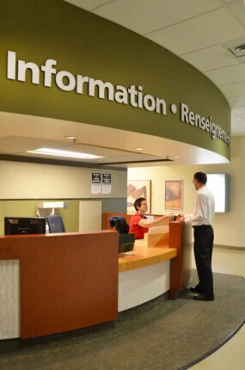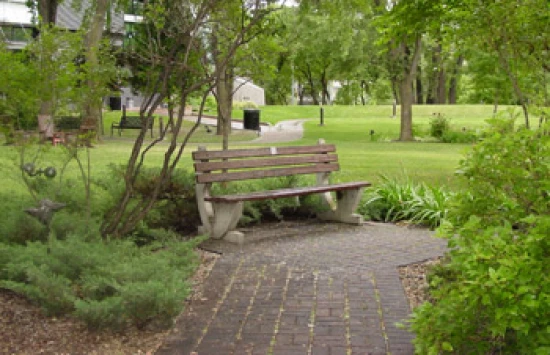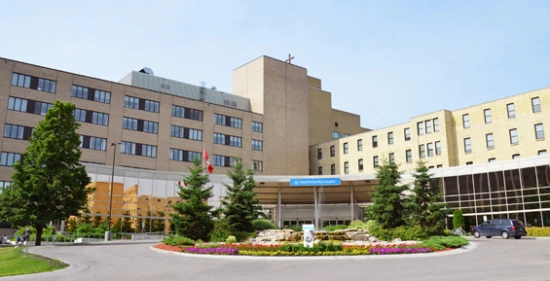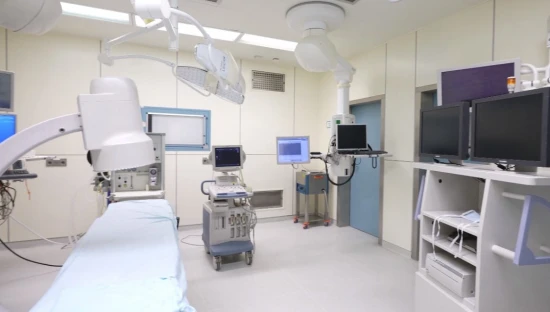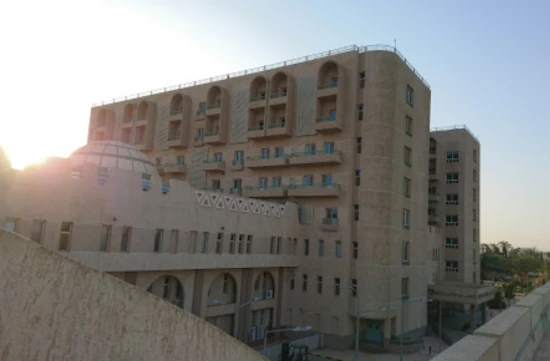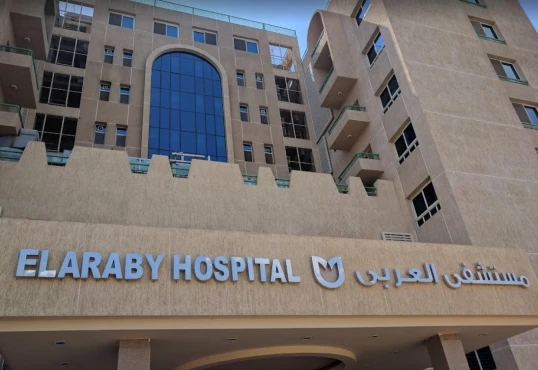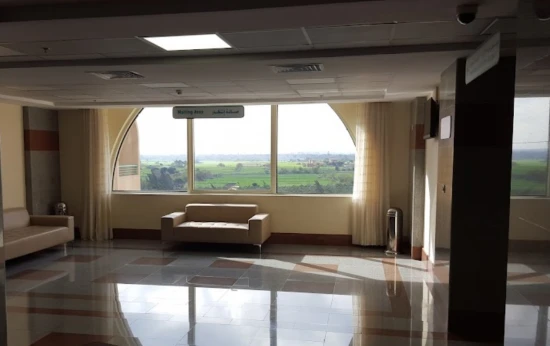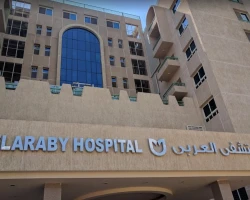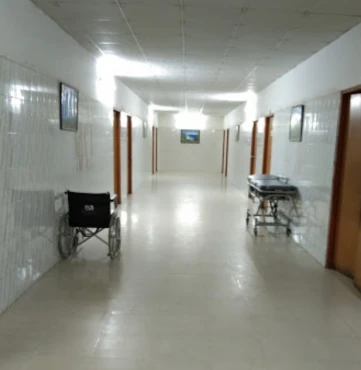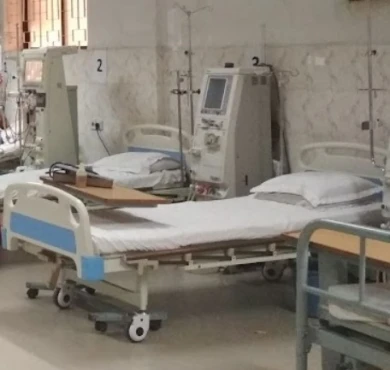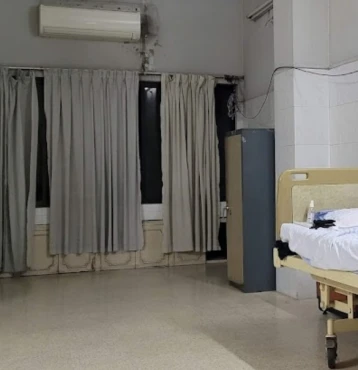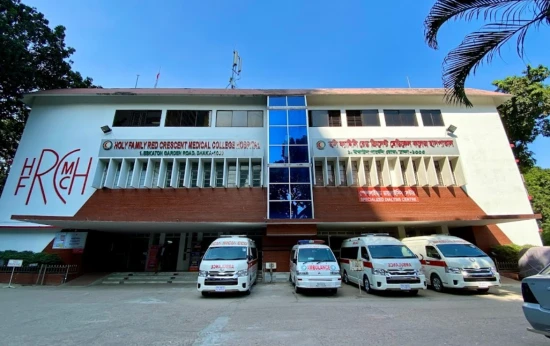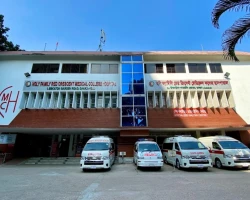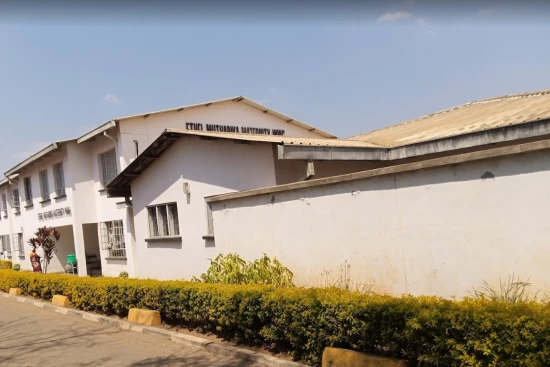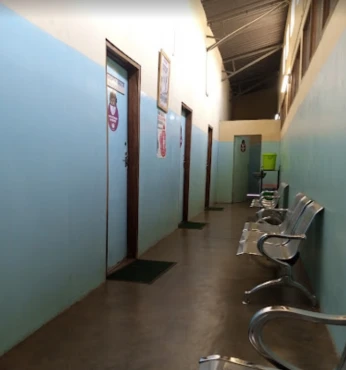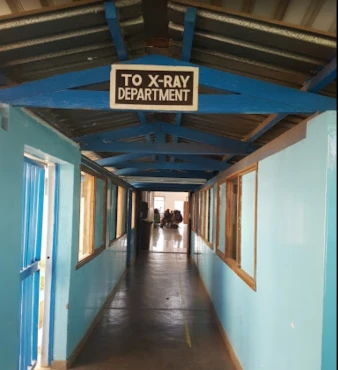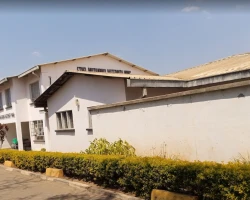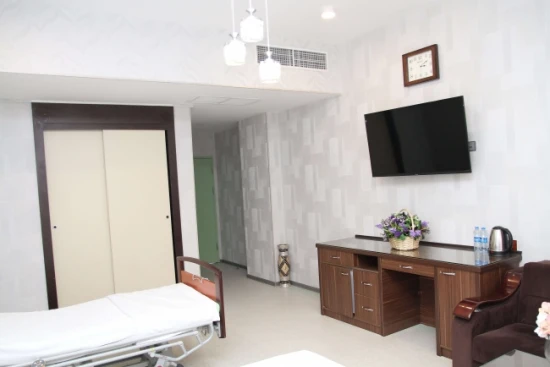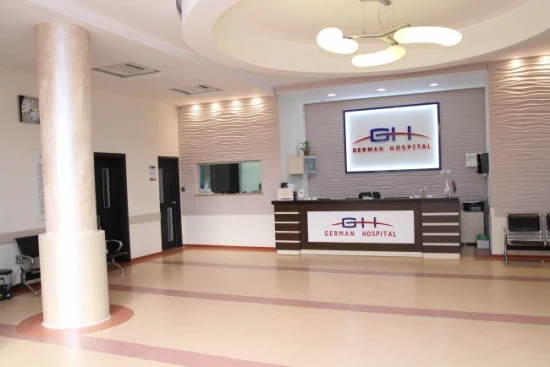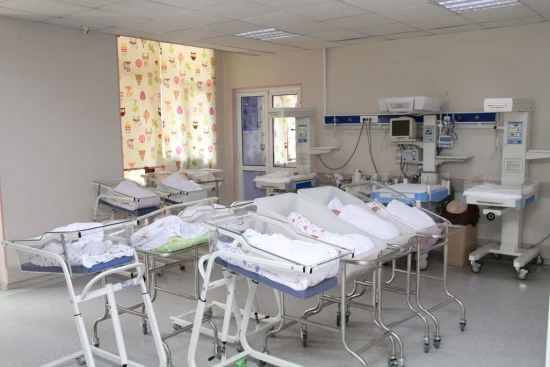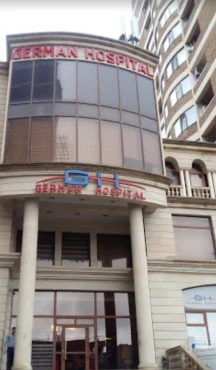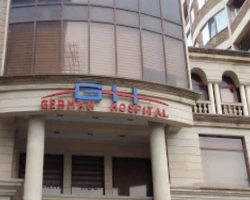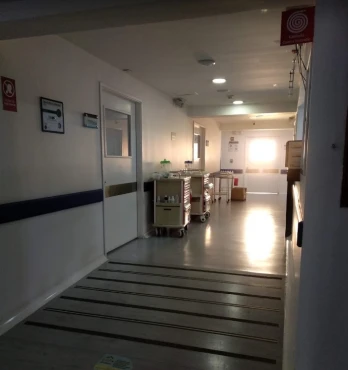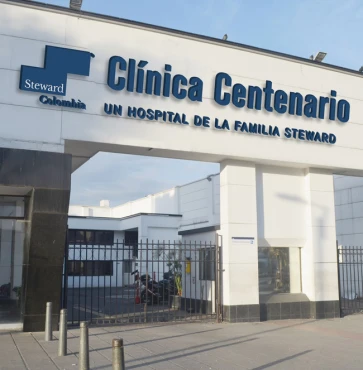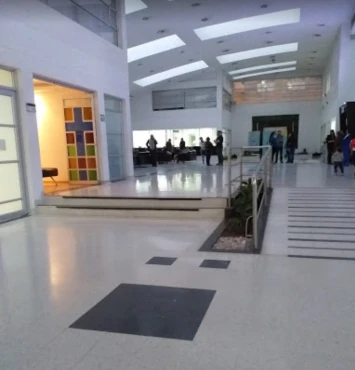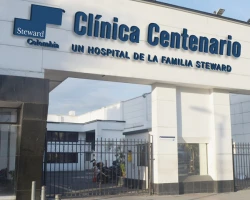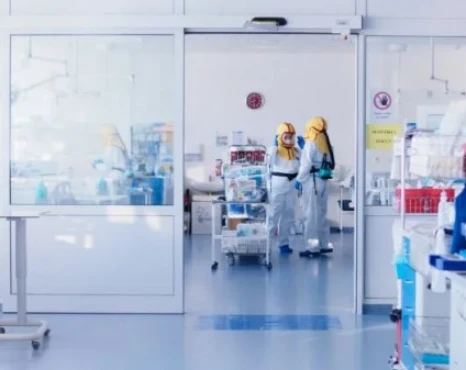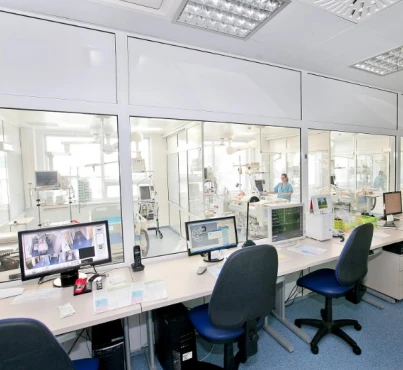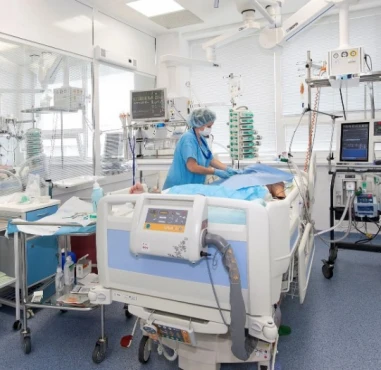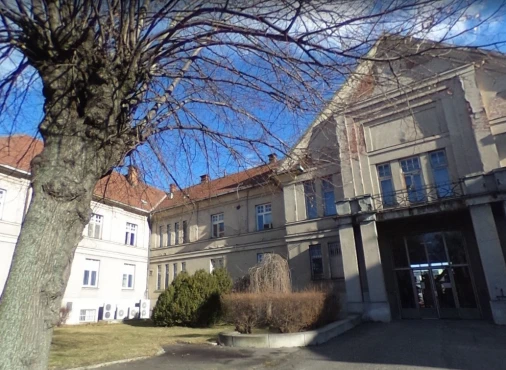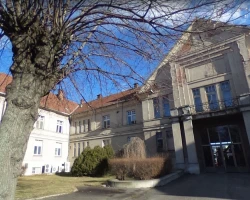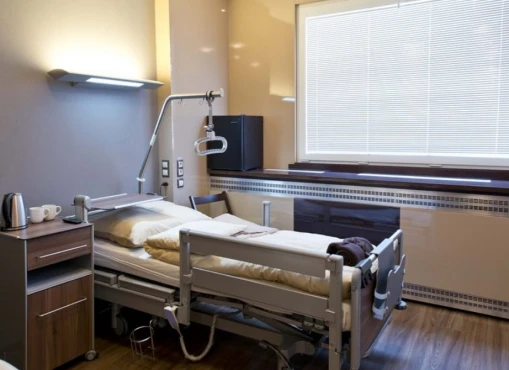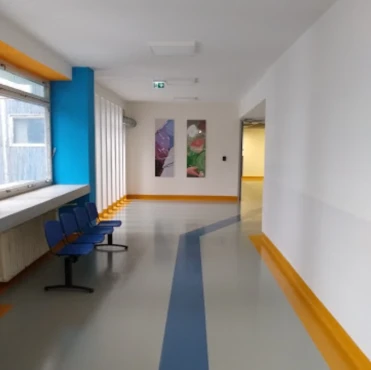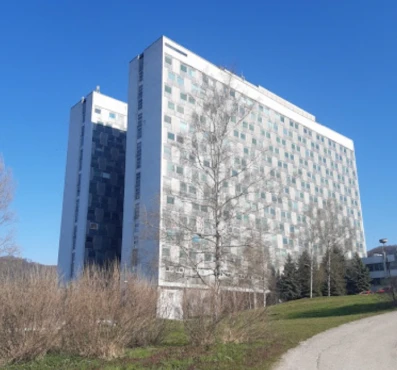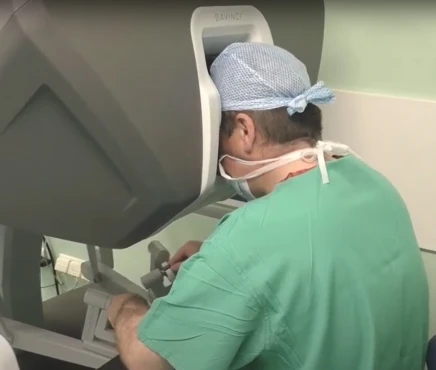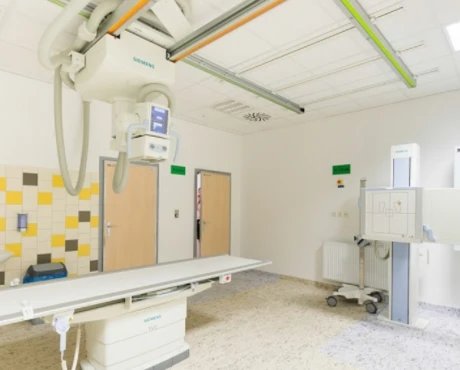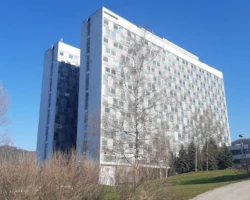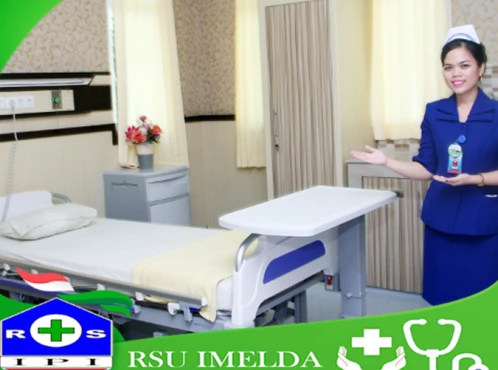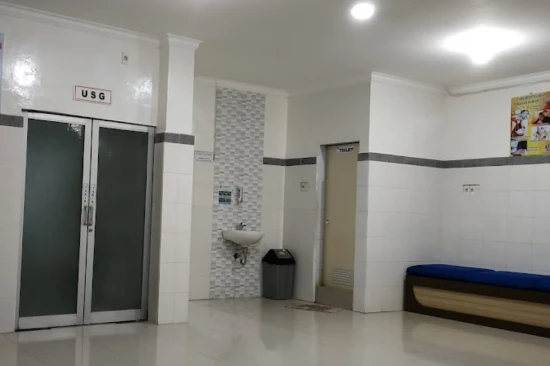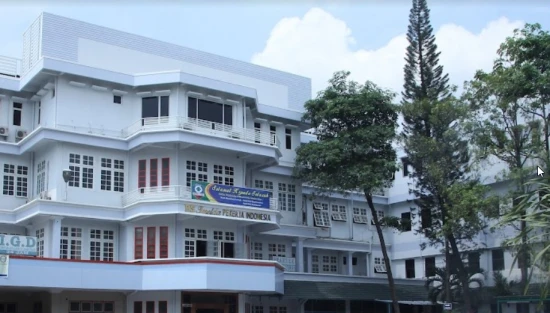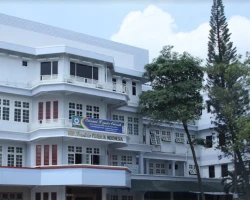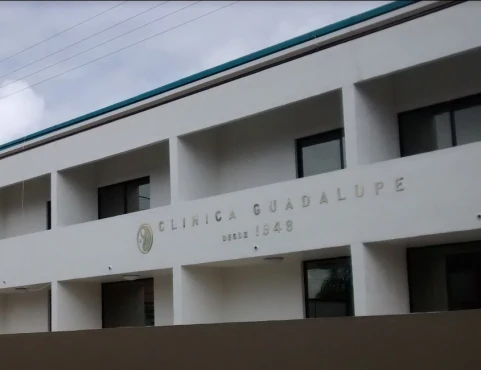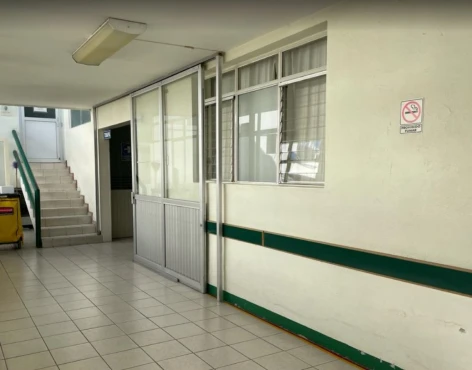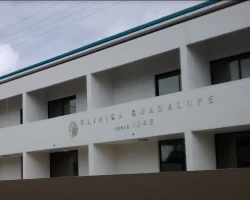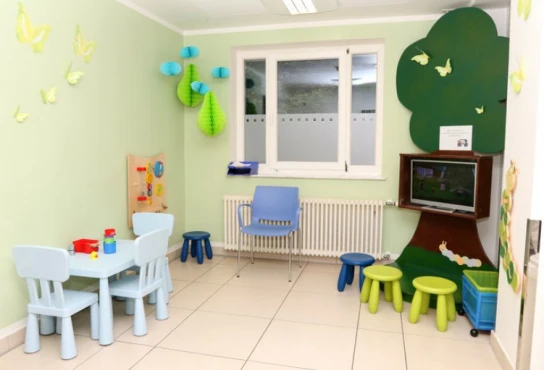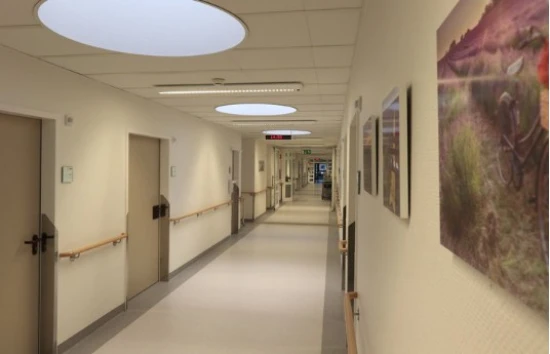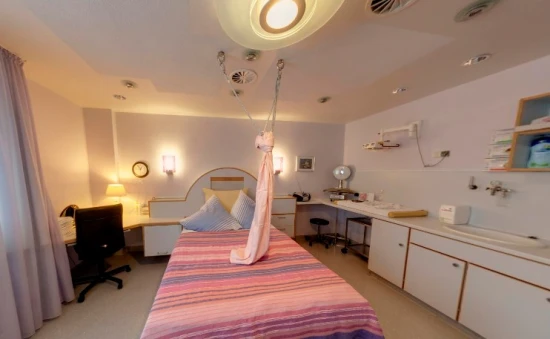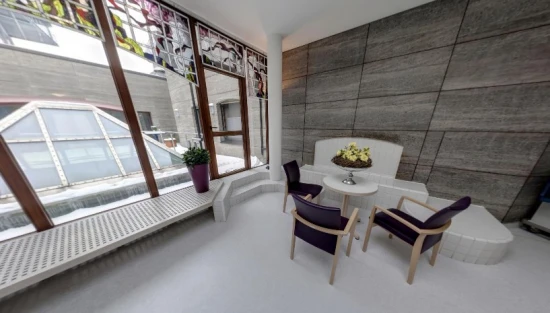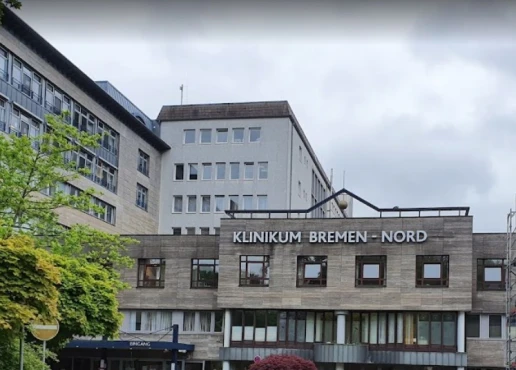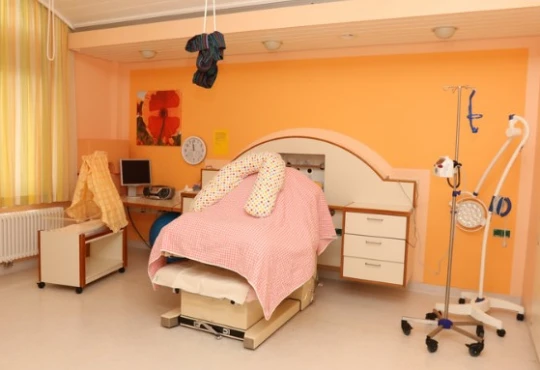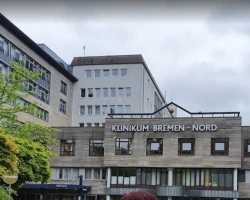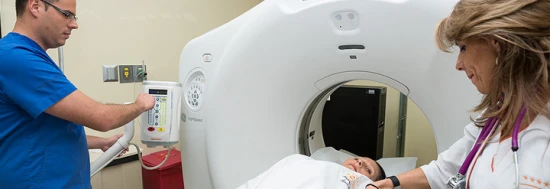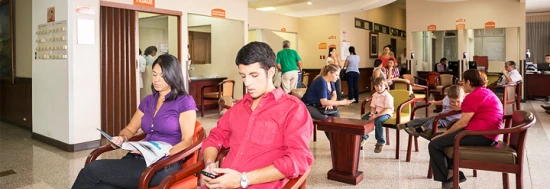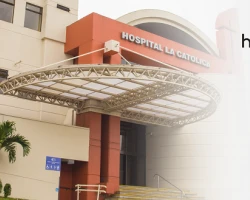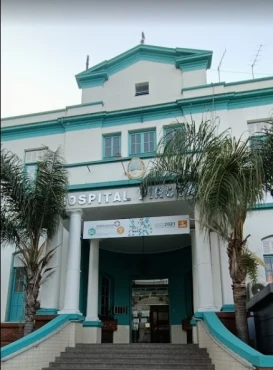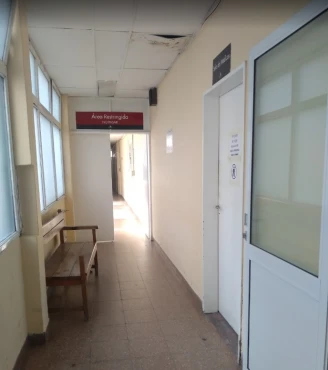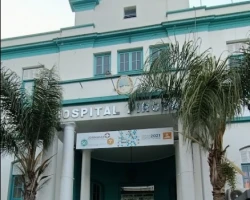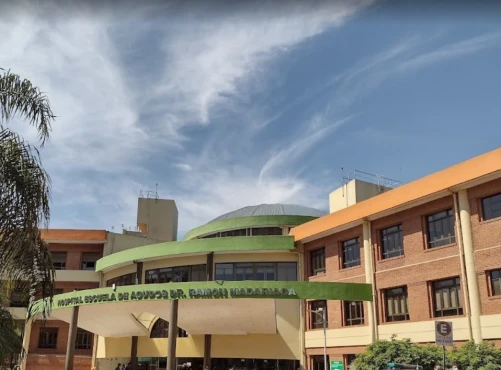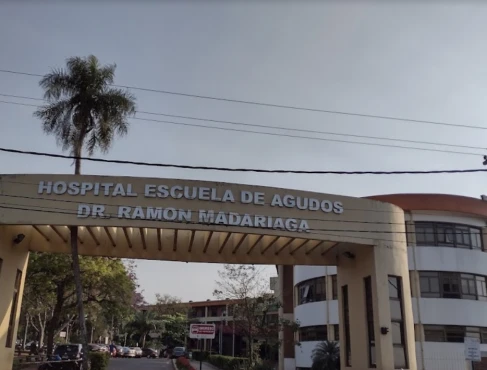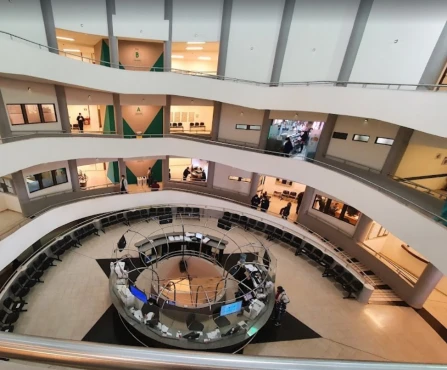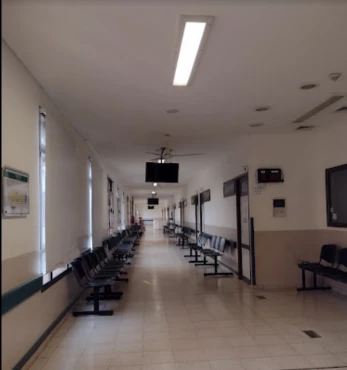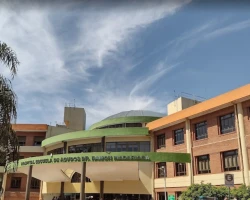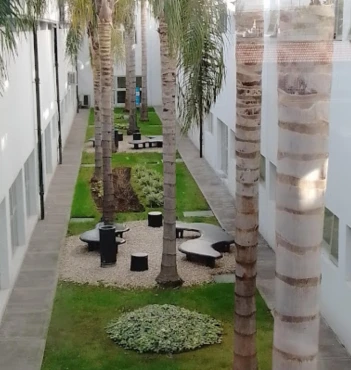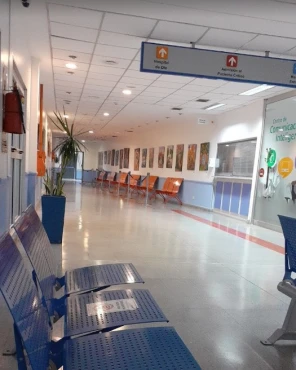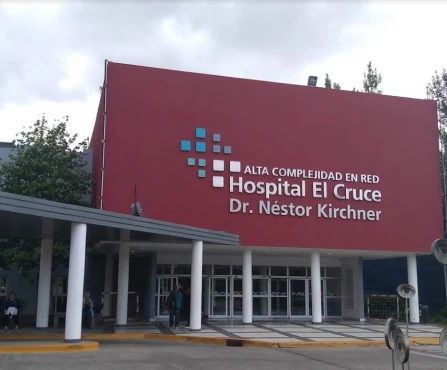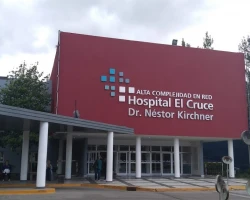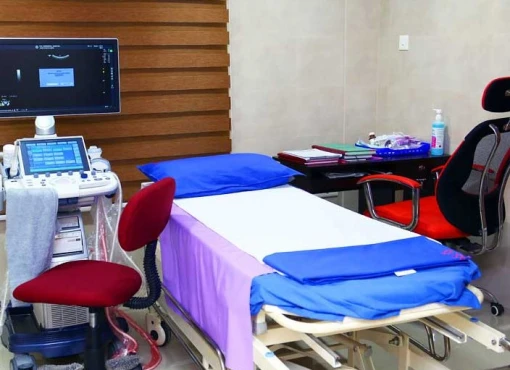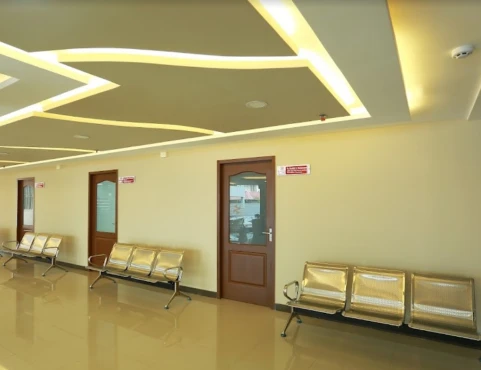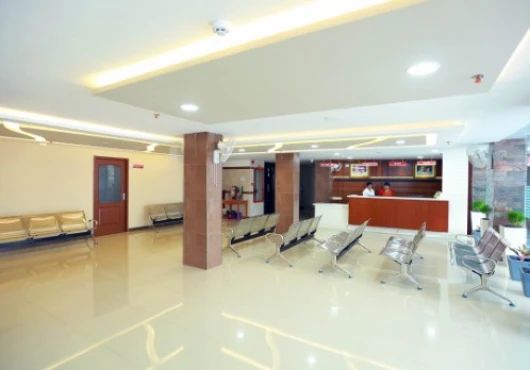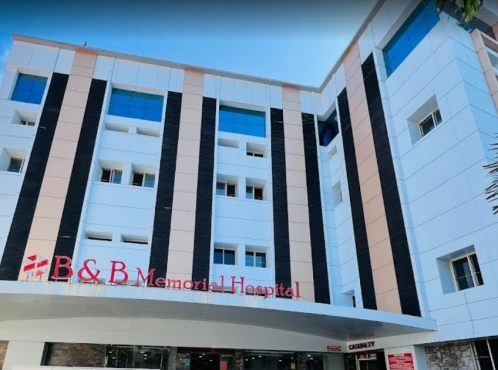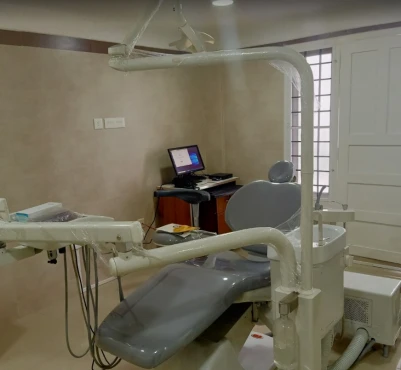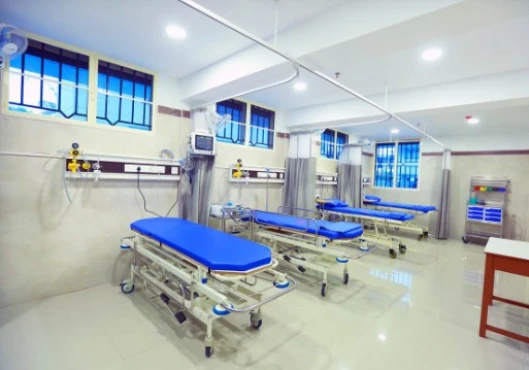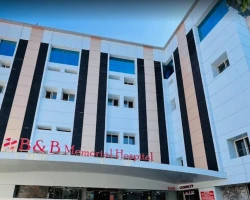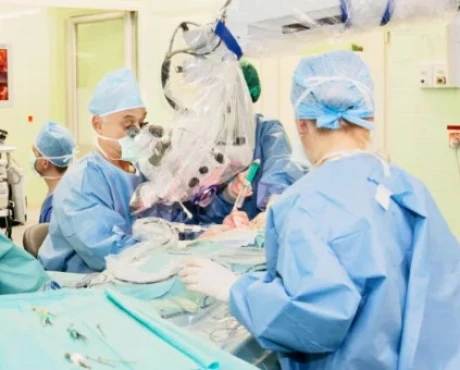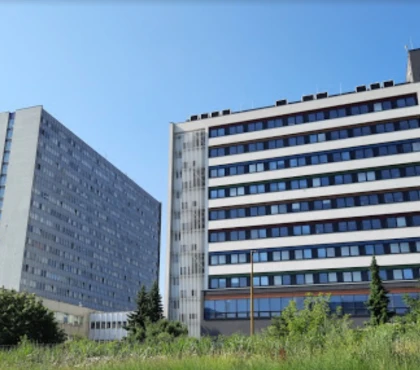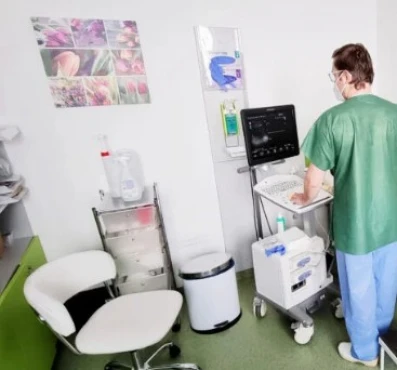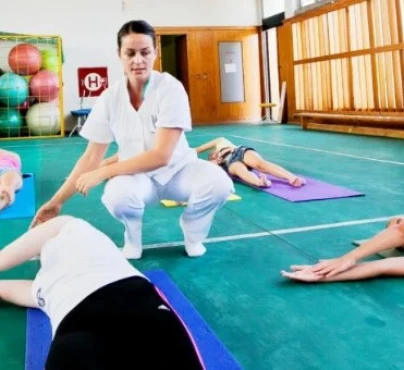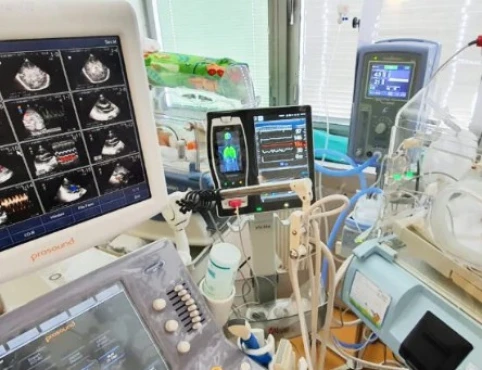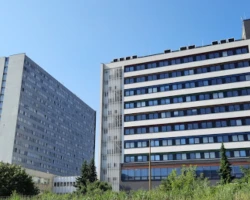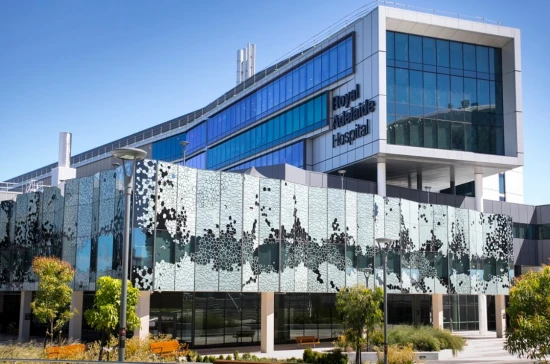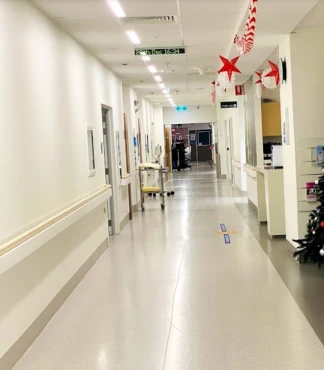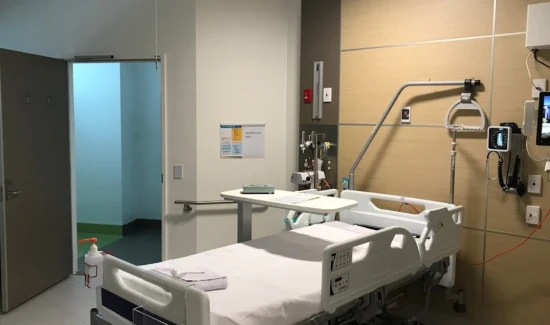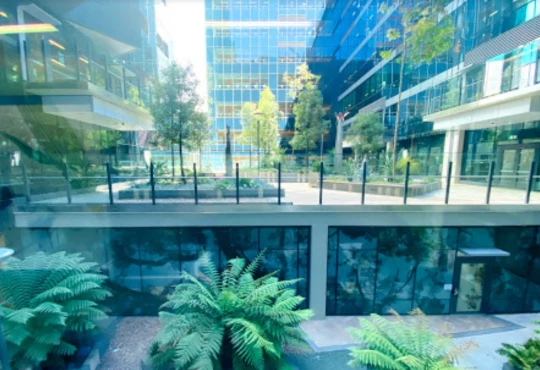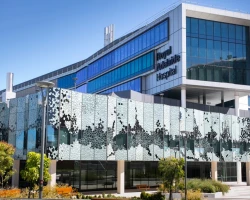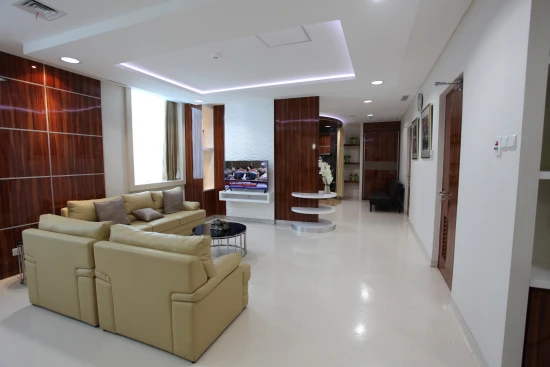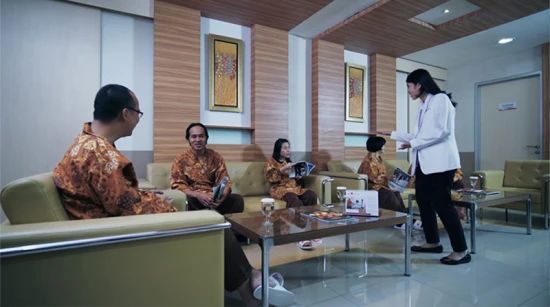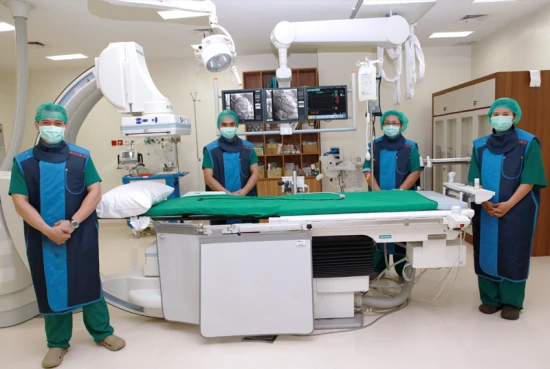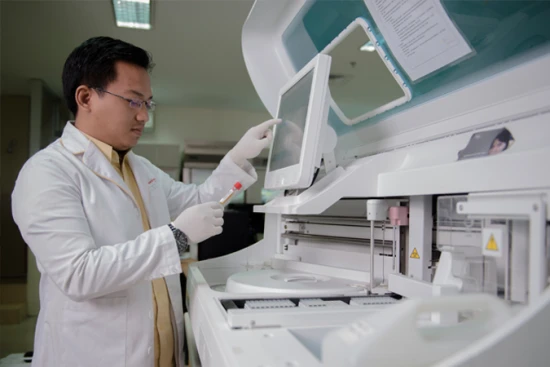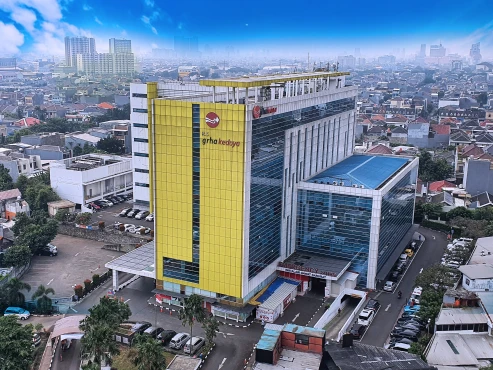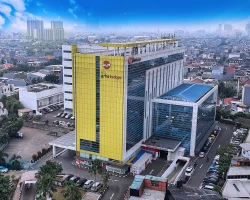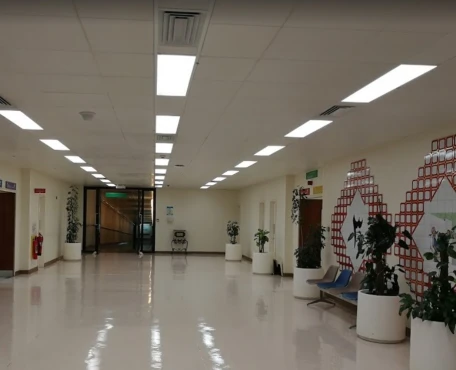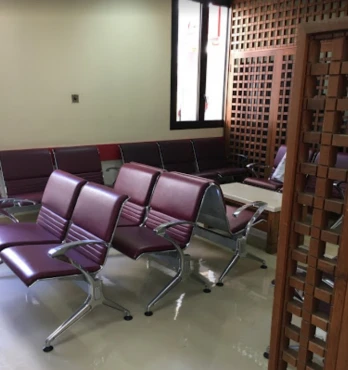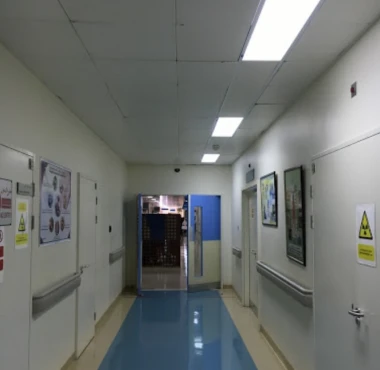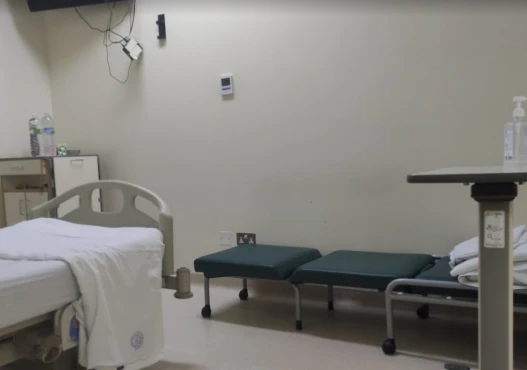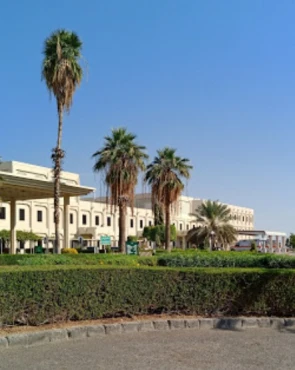Understanding Traumatic Brain Injury (TBI): Impacts, Treatments, and Prevention
The article offers an in-depth exploration of Traumatic Brain Injury (TBI), detailing its diagnosis, treatment, and the profound impact on affected individuals. It emphasizes the importance of rehabilitation, neuroplasticity in recovery, and preventive measures, aiming to increase awareness and support for TBI.
Traumatic Brain Injury (TBI) is a complex medical condition that has been increasingly recognized for its significant impact on individuals and society. This article aims to provide a comprehensive understanding of TBI, encompassing its definition, symptoms, treatments, and preventive measures. By delving into this topic, we hope to bring awareness and knowledge, guiding those affected and their loved ones towards effective management and care.
What is Traumatic Brain Injury?
Traumatic Brain Injury (TBI) occurs when an external force, such as a blow or jolt to the head, disrupts the normal function of the brain. The severity of a TBI can range from mild, often referred to as a concussion, to severe, potentially resulting in prolonged periods of unconsciousness or memory loss after the injury.
Types of TBI
TBIs are classified into several types, each with its unique characteristics:
- Concussion: The most common type of TBI, often resulting from sports injuries, falls, or car accidents. Symptoms can be subtle and may not appear immediately.
- Contusion: This refers to a bruise (bleeding) on the brain, often caused by a direct impact to the head.
- Diffuse Axonal Injury: Caused by strong rotation or shaking of the head, as seen in car accidents. It involves tearing of the brain's long connecting nerve fibers.
- Penetrating Injury: Occurs when an object, such as a bullet or shattered piece of skull, enters the brain.
Causes of TBI
The causes of TBI are varied, but some of the most common include:
- Falls: Especially common in the elderly and young children.
- Motor Vehicle Accidents: Including cars, motorcycles, and bicycles.
- Sports Injuries: Particularly in high-impact sports like football, boxing, and hockey.
- Violence: Such as gunshot wounds, domestic violence, or child abuse.
- Military Actions: Including combat-related injuries and blasts.
The occurrence of TBI can happen to anyone, at any age, making it a public health concern of significant importance. Recognizing the causes is the first step in prevention and helps in understanding the diverse nature of this injury.
Symptoms and Diagnosis of Traumatic Brain Injury
Traumatic Brain Injury (TBI) presents a spectrum of symptoms that vary based on the severity and type of injury. Recognizing these symptoms is pivotal for timely diagnosis and treatment.
Symptoms of TBI
Symptoms of TBI can be categorized into physical, cognitive, and emotional domains:
- Physical Symptoms:
- Mild TBI: Headache, dizziness, fatigue, blurred vision, ringing in the ears.
- Severe TBI: Loss of consciousness, persistent headache, vomiting, seizures, weakness in limbs.
- Cognitive Symptoms:
- Mild TBI: Temporary confusion, disorientation, concentration difficulties.
- Severe TBI: Amnesia, slurred speech, profound confusion, coma.
- Emotional Symptoms:
- Mood swings, irritability, depression, anxiety, changes in sleep patterns.
It's important to note that symptoms might not manifest immediately and can develop over time.
Diagnostic Procedures
Accurate diagnosis of TBI involves a combination of methods:
- Neurological Assessment: Evaluates motor and sensory skills, balance, coordination, reflexes, and cognitive functions.
- Imaging Tests:
- CT Scan: Often the first imaging test performed in emergency settings to quickly identify fractures, hemorrhages, and other critical conditions.
- MRI: Provides more detailed images, useful for assessing delayed brain damage.
- Glasgow Coma Scale (GCS): A 15-point test used to assess the severity of brain injury by checking a person’s ability to follow directions and move their eyes and limbs. The coherence of speech is also a critical component of this scale.
Managing Mild TBI
Mild TBIs, like concussions, typically require rest and gradual return to normal activities. Healthcare providers often advise monitoring at home for any new or worsening symptoms.
Treating Severe TBI
Severe TBIs demand immediate medical attention. Treatment can involve:
- Medications: To limit secondary damage to the brain.
- Surgery: To address bleeding, reduce pressure in the skull, or repair skull fractures.
- Rehabilitation: To regain lost cognitive and motor functions.
The timely identification and treatment of TBI can significantly influence recovery outcomes. While some TBIs result in short-term effects, others may lead to long-lasting or permanent damage.
In the upcoming section, we will explore the impact of TBI on the individual’s life, including physical, cognitive, and emotional challenges, and the broader societal implications.
Impact of Traumatic Brain Injury
The effects of Traumatic Brain Injury (TBI) extend far beyond the initial injury, often leading to long-term or even lifelong challenges. These impacts can be physical, cognitive, emotional, and social, affecting not only the individuals but also their families and communities.
Physical Impacts
- Motor Skills: Difficulties with coordination, balance, and fine motor skills.
- Sensory Processing: Changes in hearing, vision, touch, taste, or smell.
- Chronic Pain: Persistent headaches, neck pain, or other bodily discomforts.
Cognitive Impacts
- Memory Loss: Short-term or long-term memory issues.
- Attention Deficits: Difficulty in concentrating or multitasking.
- Executive Dysfunction: Impaired planning, problem-solving, and decision-making abilities.
Emotional Impacts
- Mood Disorders: Increased risk of depression, anxiety, and mood swings.
- Personality Changes: Alterations in personality traits or behavior.
- Social Withdrawal: Difficulty in maintaining social relationships.
Social and Economic Impacts
- Employment Challenges: Difficulty in returning to work or maintaining employment due to cognitive or physical limitations.
- Educational Barriers: Struggles in academic settings, especially for younger individuals.
- Healthcare Costs: Significant medical expenses for ongoing treatment and rehabilitation.
Rehabilitation and Recovery
The path to recovery from TBI can be long and requires a multidisciplinary approach. Rehabilitation may include:
- Physical Therapy: To improve strength, coordination, and mobility.
- Occupational Therapy: To regain skills necessary for daily activities.
- Speech Therapy: To address communication and swallowing issues.
- Cognitive Rehabilitation: To enhance memory, attention, and executive functions.
- Psychological Support: To cope with emotional and psychological challenges.
The support of family, friends, and healthcare professionals plays a crucial role in the rehabilitation process. Community resources, such as support groups and educational programs, can provide additional layers of support.
Treatment and Rehabilitation of Traumatic Brain Injury
Managing Traumatic Brain Injury (TBI) requires an individualized approach, as the condition varies greatly in severity and symptoms. Effective treatment plans often involve a combination of medical care, rehabilitation, and long-term support.
Immediate Medical Interventions
- Emergency Care: Initial treatment focuses on stabilizing the patient, ensuring adequate oxygen supply, maintaining blood flow, and preventing further injury to the head and neck.
- Surgery: In cases of severe TBI, surgical intervention may be necessary to remove or repair blood clots, relieve pressure in the skull, or repair skull fractures.
Role of Neuroplasticity in Rehabilitation
Neuroplasticity, the brain's ability to reorganize itself by forming new neural connections, plays a crucial role in TBI rehabilitation. This ability allows the brain to compensate for injury and adjust its activities in response to new situations or changes in the environment. Rehabilitation strategies leveraging neuroplasticity include:
- Cognitive Rehabilitation Therapy: Designed to improve cognitive functions such as memory, attention, and problem-solving skills.
- Motor Skills Training: Activities aimed at retraining the brain to control and coordinate motor movements.
- Adaptive and Restorative Techniques: These approaches help patients learn new ways to perform tasks or aim to restore lost functions through repetitive practice and exercises.
Long-term Rehabilitation Approaches
Rehabilitation is a critical component of the recovery process, aiming to improve function and independence:
- Physical Therapy
Helps in regaining strength, balance, and coordination. - Occupational Therapy
Assists in the relearning of everyday skills and adapting to limitations. - Speech and Language Therapy
Focuses on improving communication skills and addressing swallowing difficulties. - Neuropsychological Therapy
Aids in managing cognitive and behavioral changes.
Role of Medication
Medications play a crucial role in managing symptoms and preventing secondary complications. Common medications used include:
- Pain Relievers: For headache and muscle pain.
- Anticonvulsants: To prevent or control seizures.
- Anti-anxiety Medication: To manage anxiety and improve sleep.
- Antidepressants: To treat symptoms of depression.
The Role of Family and Caregivers
The involvement of family and caregivers is vital in the TBI recovery process. They provide not only emotional support but also assist in daily activities and therapy sessions. Education and support for caregivers are equally important, as they navigate the challenges of caring for someone with TBI.
Living with Traumatic Brain Injury
Living with Traumatic Brain Injury (TBI) is a journey of adaptation, resilience, and often, transformation. For both individuals with TBI and their caregivers, it's a path marked by challenges, learning, and support.
Personal Stories and Case Studies
- Individual Experiences: Highlighting stories of TBI survivors can provide insight into the diverse ways individuals cope with their injuries and adapt to changes in their lives.
- Family Perspectives: Accounts from family members and caregivers offer a view of the emotional and practical aspects of supporting a loved one with TBI.
Coping Strategies for Patients and Families
- Setting Realistic Goals: Focusing on achievable milestones in recovery and rehabilitation.
- Building a Support Network: Engaging with healthcare providers, therapists, support groups, and fellow TBI survivors.
- Mental Health Care: Seeking professional help for dealing with emotional and psychological challenges.
- Educational Resources: Learning about TBI to better understand and manage its effects.
Support Systems and Resources
- Support Groups: Offering a community for sharing experiences and advice.
- Counseling and Therapy: Providing emotional support and coping strategies.
- Online Resources: Websites, forums, and social media groups dedicated to TBI awareness and support.
- Advocacy and Awareness Organizations: Groups that work to increase public understanding of TBI and advocate for better care and policies.
Navigating Daily Life
- Adaptive Technologies: Utilizing tools and devices that aid in communication, mobility, and everyday tasks.
- Home and Workplace Modifications: Making changes in living and working environments to accommodate physical and cognitive limitations.
- Community Involvement: Participating in community activities and events, which can be therapeutic and empowering.
Looking to the Future
- Continued Medical Care: Regular check-ups and monitoring to manage ongoing health needs.
- Staying Informed: Keeping up with the latest research and developments in TBI treatment and rehabilitation.
- Advocating for Change: Engaging in initiatives to improve TBI care, research, and policies.
Prevention and Safety Measures for Traumatic Brain Injury
While the journey of living with and managing Traumatic Brain Injury (TBI) is challenging, prevention plays a crucial role in reducing the incidence and severity of this condition. Understanding and implementing safety measures can significantly decrease the risk of TBI in various environments.
Preventative Strategies
- Helmets in Sports and Recreation: Encouraging the use of helmets in sports like cycling, skiing, and football, and in activities like motorcycling and horseback riding.
- Seat Belts and Child Safety Seats in Vehicles: Highlighting the importance of seat belts for all passengers and appropriate child safety seats for younger children in cars.
- Fall Prevention: Implementing measures in homes and communities to reduce the risk of falls, especially among the elderly and children. This includes better lighting, handrails, and clutter-free walkways.
- Workplace Safety: Ensuring that safety protocols are followed in workplaces, particularly in construction and industrial settings.
Education and Awareness Campaigns
- Public Awareness Programs: Educating the public about the risks of TBI and ways to prevent it through media campaigns, community workshops, and school programs.
- Training in Sports: Teaching athletes, coaches, and trainers about concussion prevention and management.
- Policy Advocacy: Supporting laws and regulations that promote safety, like mandatory helmet laws and improved road safety measures.
Policy and Environmental Changes for Safety
- Urban Planning and Infrastructure: Designing safer roads, incorporating bike lanes, and improving pedestrian safety to reduce accidents.
- Legislation for Safety Measures: Enacting and enforcing laws that mandate safety practices in sports, traffic, and workplaces.
Research and Development
- Innovative Protective Equipment: Investing in the research and development of advanced helmets and protective gear that offer better protection against head injuries.
- Technological Advances in Vehicles: Supporting advancements in automotive safety technology, such as collision avoidance systems and improved airbag designs.
Conclusion: A Comprehensive Approach to TBI
In this article, we have traversed the extensive landscape of Traumatic Brain Injury (TBI), from its definition and causes to its profound impacts on individuals and society. We have explored the nuances of diagnosis and treatment, the intricacies of living with TBI, and the vital importance of prevention and safety measures.
Traumatic Brain Injury remains a significant public health challenge, but with continued research, improved treatment approaches, and heightened awareness, we can better support those affected. It is a journey of resilience, a testament to the strength of the human spirit in the face of adversity.
Understanding Traumatic Brain Injury is not just about the medical aspects; it's about recognizing the human stories behind the statistics. It's about empathy, care, and a commitment to making a difference in the lives of those who have been touched by this condition. As we continue to advance in our knowledge and treatment of TBI, let us also strive to foster a society that is informed, compassionate, and supportive of those who journey through the aftermath of such a life-changing event.
